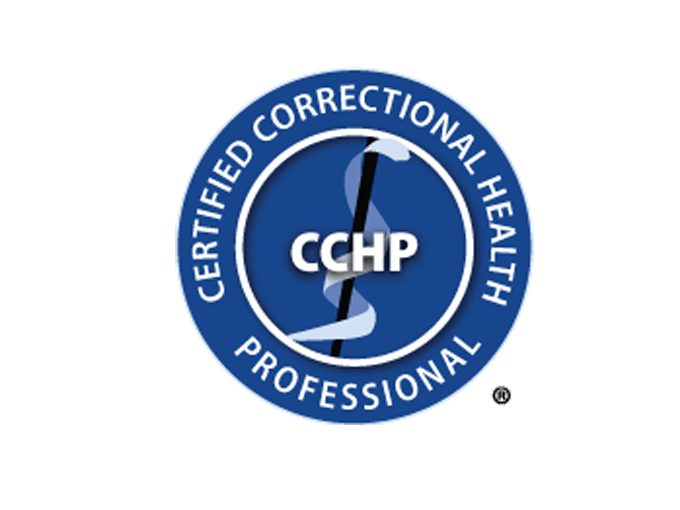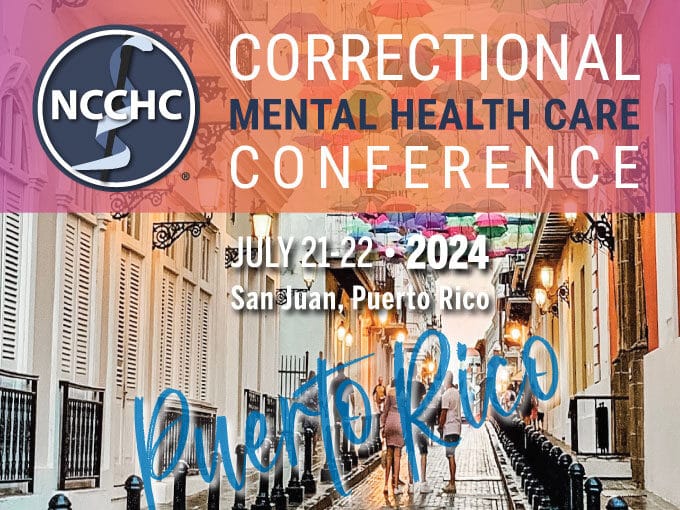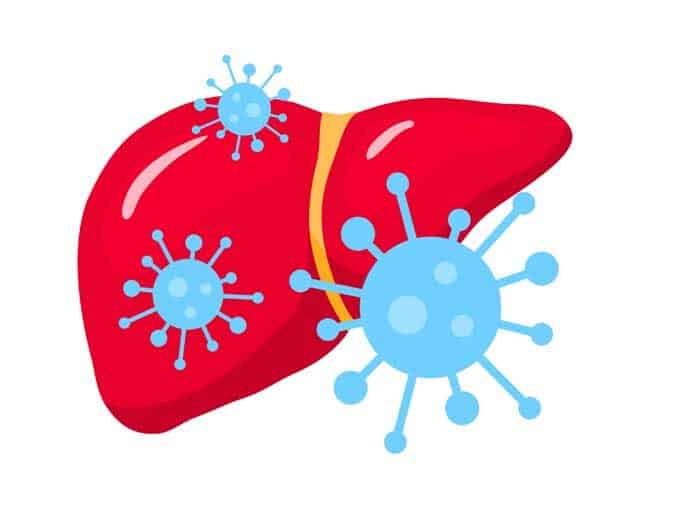
Scholarships Available for CCHP Certification and Study Materials
Five scholarships are available that pay for CCHP testing and study materials.
Home Standards Q&A – COVID, Physicals, DNR
by Jim Martin, MPSA, CCHP,vice president of program development
Access to Care in the Time of COVID-19
Q: We have a question about compliance with standard A-01 Access to Care during the coronavirus emergency or any similar pandemic in the future. Patients’ ability to access health care services in a timely manner is central to compliance with the standards. However, with the COVID-19 situation, we are finding it necessary to change the way we provide health care in order to respond appropriately to the more vulnerable populations’ needs while also actively working to reduce potential exposure to the virus. What is NCCHC’s stance on the situation with regard to access to care? We don’t want this new reality to affect our accreditation status.
A: Given the increased challenges of the coronavirus pandemic, and during any emergency like this, triaging is always the top priority. You need to direct your staff accordingly. This is truly a mass disaster scenario. NCCHC surveyors are health care professionals who know what you are going through: many have been through similar crises themselves. They will consider the unusual circumstances you are facing and the adjustments you are having to make. That said, be sure that your technical response to the crisis is thoughtful, and document, document, document.
Are Routine Physicals Still Routine?
Q: The medical team at our juvenile detention center is looking for guidance about continuing to do routine physical exams on youth admitted to our facility. Should we still perform initial health assessments within one week of admission per NCCHC standards? Or should we hold off on routine physicals until the coronavirus crisis has passed?
A: Because these are new patients, it’s important to get an assessment of their health status. That being said, your local medical authority should determine the details of this assessment according to the level of risk for COVID-19 or other disease transmission to and among you and your patients. Always follow recommended levels of personal protective equipment and high-quality infection control procedures, and please see Standard Y-B-01 Infection Prevention and Control Program as a reference.
DNRs and Advance Directives
Q: Which of the standards for health services in jails and prisons speak to advance directives and do not resuscitate orders?
A: Advance directives and do not resuscitate orders are addressed in standard F-07 Care for the Terminally Ill. The standard states: “The facility addresses the needs of terminally ill inmates, including protecting their rights regarding end-of-life decisions.” One of the compliance indicators is that “advance directives, health care proxies, and DNR orders are available when medically appropriate.” Those options are often overlooked for our patient population. Those approaching the end of life may face many profound issues. This NCCHC standard states that they have the right to receive life-sustaining treatments, if desired, or not to have the dying process prolonged, if that is their wish.
Please send your questions to [email protected].


